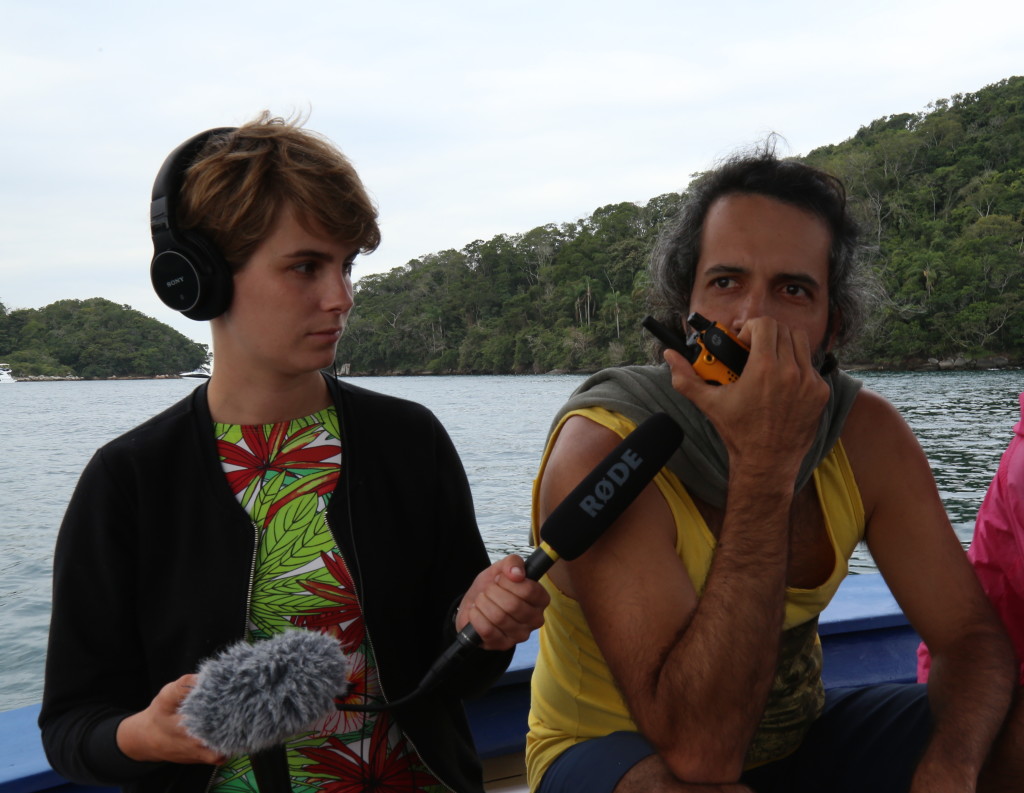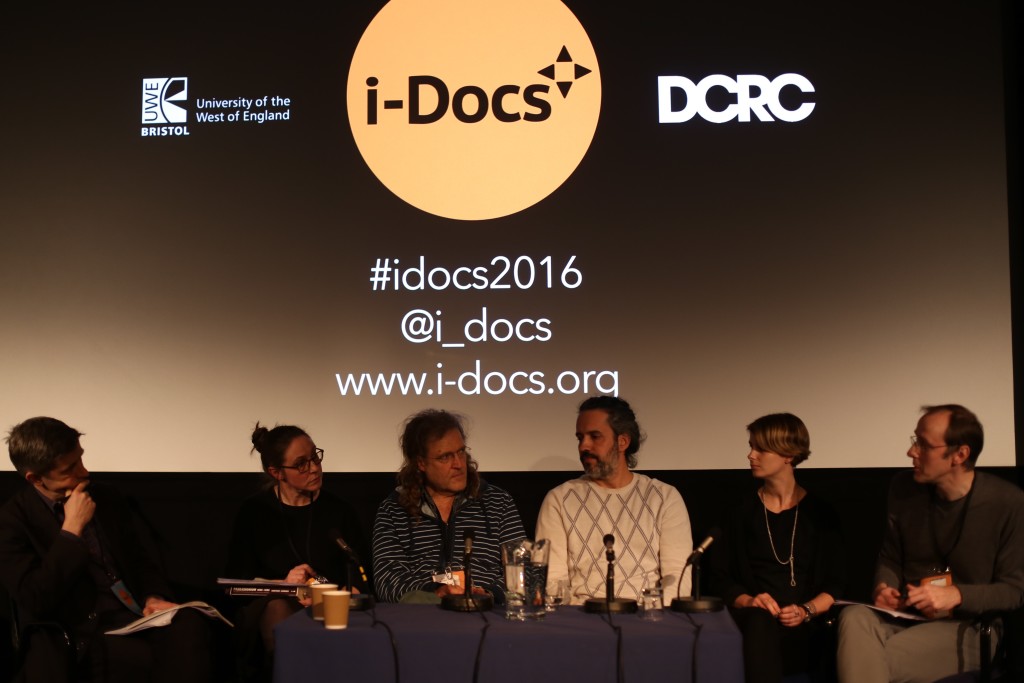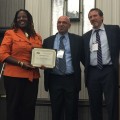A cursory Google search of Ilha Grande, an island south of Rio de Janeiro, Brazil, reveals words like pristine, untouched, and paradise. But mass tourism attracted to the island’s beaches and forests has threatened the very ecology and community culture that make the island so compelling. A group of International Field Program (IFP) students spent last summer addressing this dilemma through involvement in a media project, Ilha Grande (the same name as the island), designed to encourage community-based tourism initiatives that are characterized by personal relationships and care for the natural environment. One of those students, Ella Colley, is now using this project as a case study to explore how interactive media can be used most effectively by other small community organizations.

SGPIA Professor Peter Lucas introduced Ella and five other IFP students (Muhammed Korany, John Sapida, Rahaf Alhendi, Linnéa Mellander, and Mirjam Egeris Karstoft) to local filmmaker André Paz when they arrived in Brazil last summer. At the time, André Paz was producing and directing Ilha Grande and the students spent the next two months supporting the project by filming, recording sound, editing footage and running participatory media workshops for island locals. The workshops trained participants of multiple ages to produce their own videos about the island.
The media produced for Ilha Grande will be incorporated into a webdocumentary to be released in full by the end of the year (part of its website has already debuted in Portuguese). Webdocumentaries diverge from traditional documentaries as they are nonlinear and emphasize an interactive approach. For example, Ilha Grande will be an online map that visitors can click on to “virtually” get to know the different communities on the island and connect with local tourism initiatives.
The project has already achieved favorable recognition as it approaches completion. To build an audience for the future full documentary, the project releases short video clips, each with tens of thousands of views, on its Facebook page. Its most popular video (above), which has millions of views, tells the remarkable story of a local resident’s friendship with a penguin that was found soaked in oil on the shore near his home. The story was picked up by media outlets like Metro and Brazil’s biggest television station Globo.
The Ilha Grande webdoc team was also invited to speak last week at the i-Docs symposium on interactive documentary in the UK. Ella accompanied André Paz to the symposium and they presented in a session titled “Media Interaction Environment”. Ella says that the symposium “was like an interactive documentary bootcamp. It was such a great way to get a sense of this field and the big questions being asked of it today.”

Ella’s work with Ilha Grande has also informed her thesis which focuses on the use of interactive media for small social projects. Using Ilha Grande as a case study, she aims to provide key recommendations for other interactive media projects that have limited resources. The thesis will fittingly be presented as both a paper and documentary film.
Ella plans to return to Brazil after she graduates from SGPIA in May. Reflecting on the entirety of the Ilha Grande project, Ella remarks, “Never in our wildest dreams did we imagine that our work would travel as far as it has. The challenge now is to leverage this success for the broader project and mission to support small tourism initiatives on Ilha Grande.”




